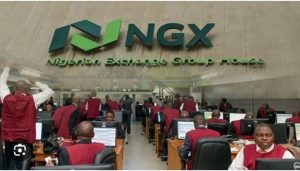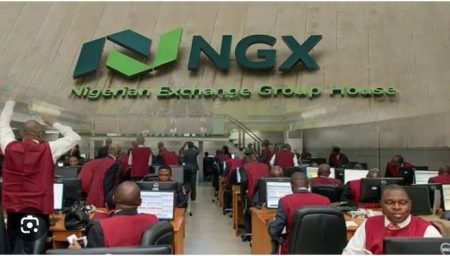The global oil market experienced a significant price surge over the weekend, driven by escalating geopolitical tensions in the Middle East. Nigeria’s benchmark crude grades, including Bonny Light, Brass River, and Qua Iboe, saw their prices climb above $77 per barrel, exceeding the Nigerian government’s 2025 budget benchmark of $75. This price jump, attributed to Israel’s military strikes on Iran and fears of a broader conflict, represents a substantial increase from the average price of $65 per barrel recorded just days prior. While the higher prices could offer Nigeria short-term fiscal relief, they also raise concerns about potential increases in domestic fuel prices due to the rising cost of crude, the primary raw material for petrol and diesel production.
The surge in oil prices stems from a renewed “geopolitical risk premium” in the Middle East. While Israel’s attacks did not directly target oil infrastructure, the anticipation of retaliatory action from Iran and the potential disruption to key oil supply routes fueled market anxieties. Brent crude futures and West Texas Intermediate (WTI) prices climbed amidst these concerns, reflecting the market’s unease. Israel’s precautionary closure of some gas production facilities further heightened tensions. The potential threat to vital shipping lanes, particularly the Strait of Hormuz, through which a substantial portion of the world’s oil supply flows, added to the upward pressure on prices. Any disruption to this crucial waterway could further exacerbate the price surge and strain global energy markets, amplifying an already tense situation.
The current price rally stands in stark contrast to the sharp decline experienced earlier in the year. In February and March, global crude prices plummeted to around $60 per barrel due to trade tensions ignited by US President Donald Trump’s tariff measures. This previous downturn was primarily driven by market fundamentals and economic concerns, as opposed to the current surge fueled by geopolitical instability. The distinct nature of these two price fluctuations highlights the complex interplay of factors influencing the global oil market.
The escalating conflict between Israel and Iran has injected considerable uncertainty into the oil market. While the immediate impact on oil infrastructure has been limited, the potential for further escalation and disruptions poses a significant risk. The Strait of Hormuz, a critical chokepoint for global oil shipments, remains a focal point of concern. Any disruption to traffic through this strategic waterway could have far-reaching consequences, significantly impacting global oil supply and prices. The market’s reaction to the unfolding events underscores the sensitivity of oil prices to geopolitical risks and the potential for rapid price fluctuations in response to escalating tensions.
The surge in oil prices presents a double-edged sword for Nigeria. While exceeding the budget benchmark offers potential benefits in the short term, the longer-term implications for domestic consumers remain a concern. The rising cost of crude will inevitably translate into higher prices for refined petroleum products, placing an added burden on Nigerian consumers. The government will face the challenge of balancing the potential fiscal gains from higher oil revenue with the need to mitigate the impact on its citizens. This delicate balancing act highlights the complexities of managing resource-dependent economies in the face of global market volatility and geopolitical instability.
The current price surge underscores the volatility inherent in the global oil market, particularly its susceptibility to geopolitical events. Unlike previous price fluctuations driven by market fundamentals or supply decisions by OPEC+, the current rally is largely fueled by conflict risk. The potential for further escalation in the Middle East and the threat of disruptions to key oil supply routes contribute to the market’s unease. The situation remains fluid, with the potential for significant price swings depending on the trajectory of the conflict. This underscores the importance of closely monitoring geopolitical developments and their potential impact on global energy markets.














